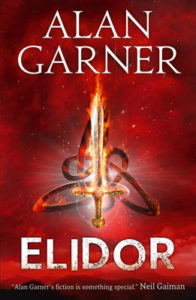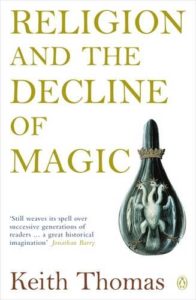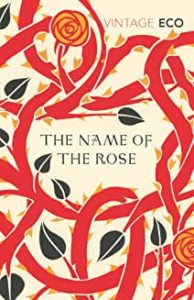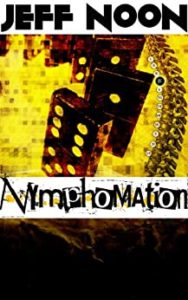Decades: Compiling the Ultimate Library with Ross MacKay
In January 2021 I threw open the doors to my Decades Library. At that time there were no books in the Library but I knew I wanted to fill those empty shelves with the very best reads for the Library visitors to enjoy. But how to ensure the best books were represented?
Filling the shelves with amazing and unmissable books was not a task I could take on alone, I didn’t have the depth of reading knowledge that I knew would be needed. So I decided to ask for help. Each week I am joined by a new guest (a guest curator) who adds new books to the library shelves and helps me ensure the selection of titles on offer is as good as it can be.
I have been joined by authors, bloggers and publishers – booklovers – and they each bring a fresh perspective on which books I should make available to Library visitors. But when I invite my guests to make their reading recommendations I set two rules which they need to follow (there’s gotta be rules):
1 – Select ANY Five Books
2 – You May Only Select One Book Per Decade from Five Consecutive Decades.
Easy? Have a go at making your own selections and see if you can nail down five books which were published over a fifty year publication span. The oldest book in the Decades Library was first published in the 1860’s – there have been many books released since then so coming up with five should not be too tricky!
But time to introduce Ross MacKay. Ross released his debut novel at the end of last year and is shortly due to appear at the Paisley Book Festival (more on this below). He had an extremely busy end of year at Cumbernauld’s Lantern Theatre as his adaptation of a classic story delighted audiences and he is officially one of the most supportive people I have met in all my years of blogging. He also picks great reading recommendations so this is where I had over to Ross….
 Ross was the recipient of the William Soutar Award for Poetry 2020.
Ross was the recipient of the William Soutar Award for Poetry 2020.
His debut novel, Will and The Whisp was published in 2022 to critical acclaim.
His plays have been performed across Scotland and his adaptation of Treasure Island premiered in Cumbernauld over the festive period.
Ross previously worked in theatre as the artistic director of Tortoise in a Nutshell. His productions toured across the world. His shows have received numerous prestigious awards including a Scotsman Fringe First for New Writing and a Critic’s Pick from The New York Times.
On the 19th Feb, Ross is appearing at Paisley Book Festival with his novel, Will and The Whisp. This unique theatrical event will bring Will and The Whisp to life. Ross will read some of the most dramatic moments of the book while accompanied by an immersive soundscape, especially composed for the event by award winning musician, Jim Harbourne. Tickets can be bought here: https://paisleybookfest.com/programme/will-and-the-whisp/
DECADES
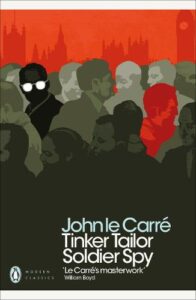 1970- Tinker Tailor Soldier Spy, John Le Carré
1970- Tinker Tailor Soldier Spy, John Le Carré
I had known of John or Carré’s books for a long time before I ever picked one up. They seemed quite bulky and serious and frankly a bit too Oxbridge for my tastes. But then I saw the film The Constant Gardener and was amazed to see it was based on a Le Carré novel. I first read it and then found Tinker Tailor. And it is long and dusty and very Oxbridge – my presumptions weren’t wrong but my tastes had changed. I got lost in the world. There is something sort of dangerously charming about a bunch of adults so institutionalised by their private education that they basically extend that worldview into the high stakes of espionage.
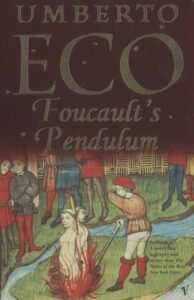 1980 – Foucault’s Pendulum, Umberto Eco
1980 – Foucault’s Pendulum, Umberto Eco
For me Umberto Eco is the absolute master. He is one of the few authors I re-read. I take months to read his work. I find it dense, layered and slippery. Just when I think I have it in my grasp I find the heart of the story has shifted while I wasn’t looking. Its like playing whack-a-mole with all the big ideas of the 20th century. And all the while he’s telling a story that is riveting too.
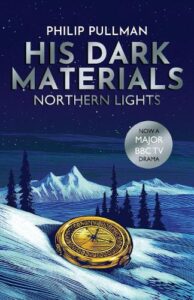 1990 – Northern Lights, Philip Pullman
1990 – Northern Lights, Philip Pullman
Ahhh my heart. For a lot of children now my age, Harry Potter was the pinnacle. But for me it was Northern Lights. As a kid who loved bible stories and the idea of going to church (I know I was an odd one), I found Pullman much more exciting, dangerous and though-provoking than Rowling. I still do. And the ending to Northern Lights is still most vividly imaginative thing I’ve ever read.
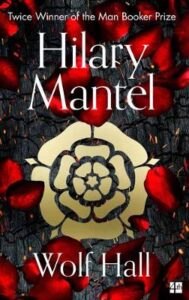 2000 – Wolf Hall, Hilary Mantel
2000 – Wolf Hall, Hilary Mantel
Hilary Mantel does this thing where she sort of plumps someone with 21st century ideals into the past. Here she uses Thomas Cromwell as a sort of promethean figure bearing witness to and shaping British history. So what becomes compelling is how she uses this device to draw you ever closer to her subject. By the end of the trilogy I felt I knew the character inside out and yet was still perplexed by him.
I listened to this on audiobook and I vividly recall rewinding moments to hear them again.
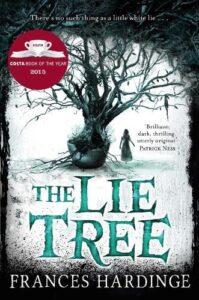 2010- The Lie Tree, Frances Hardringe
2010- The Lie Tree, Frances Hardringe
So, remember two decades ago when I was waxing lyrical about Pullman. This book is the closest I have come to feeling that again. It is a brilliant book. Imaginative and brilliantly feminist without ever feeling preachy. I have kept this book on my bookshelf but I know as soon as my son is old enough i’m going to move it to his. I can’t wait to read it to him.
I really love the mix of fantasy, espionage and history which Ross has brought to the Decades Library. I am all too often tempted by recommendations and this week it is The Lie Tree which will be added to my future reading lists – it sounds like a dark warning wrapped in a novel.
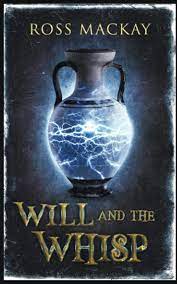 I shared the link to Ross’s panel at the forthcoming Paisley Book Festival, there’s a really interesting programme from 16th to 19th February so if you’re in the area you may want to check it out: https://paisleybookfest.com/
I shared the link to Ross’s panel at the forthcoming Paisley Book Festival, there’s a really interesting programme from 16th to 19th February so if you’re in the area you may want to check it out: https://paisleybookfest.com/
DECADES WILL RETURN

